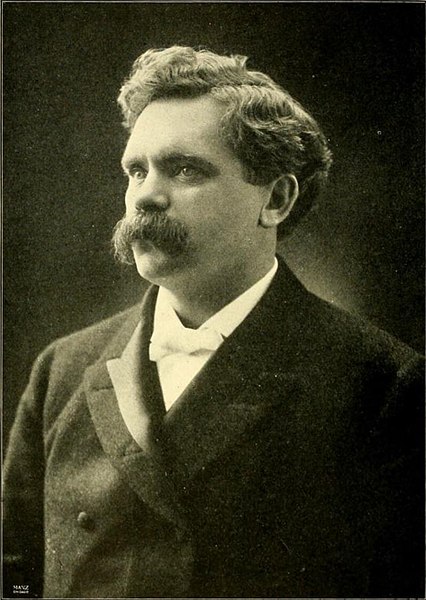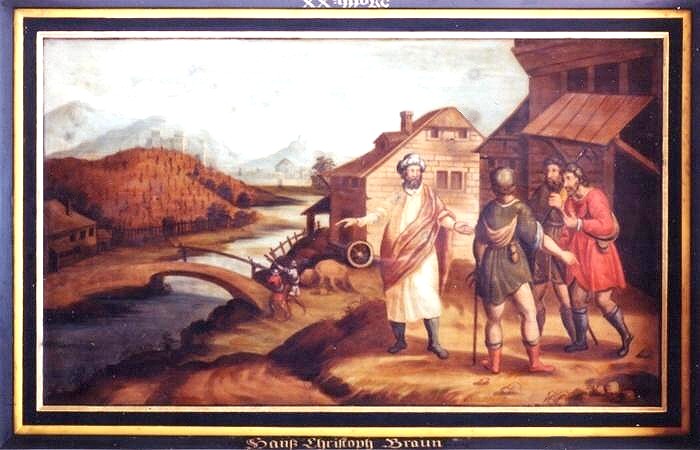Author’s Note: The events described below are all true, with the exception of one unconfirmed report. They are documented by both contemporaneous news stories and eye witness accounts.
A Warning: The scandal described below occurred about 50 years ago in what today would be considered a primitive culture, one totally foreign to our learned and refined society. Out of respect for our modern sensibilities, each paragraph containing a disturbing anecdote will be preceded with this symbol—🔫 ⚠️—so as to allow vulnerable readers to skip the offensive material. (I chose a water pistol, instead of a Glock 19 (my weapon of choice), as my trigger emoji out of respect for my readers.)
A Request: I ask you, gentle reader, to make allowances for the unenlightened attitudes of several of the participants in this story. Their periodic displays of cluelessness and gauche behavior are often troubling. Your patience, and most importantly, your condescension, are greatly appreciated.
Continue reading “The Election Scandal that Rocked BYU and the Young Man Who Saved the University”

